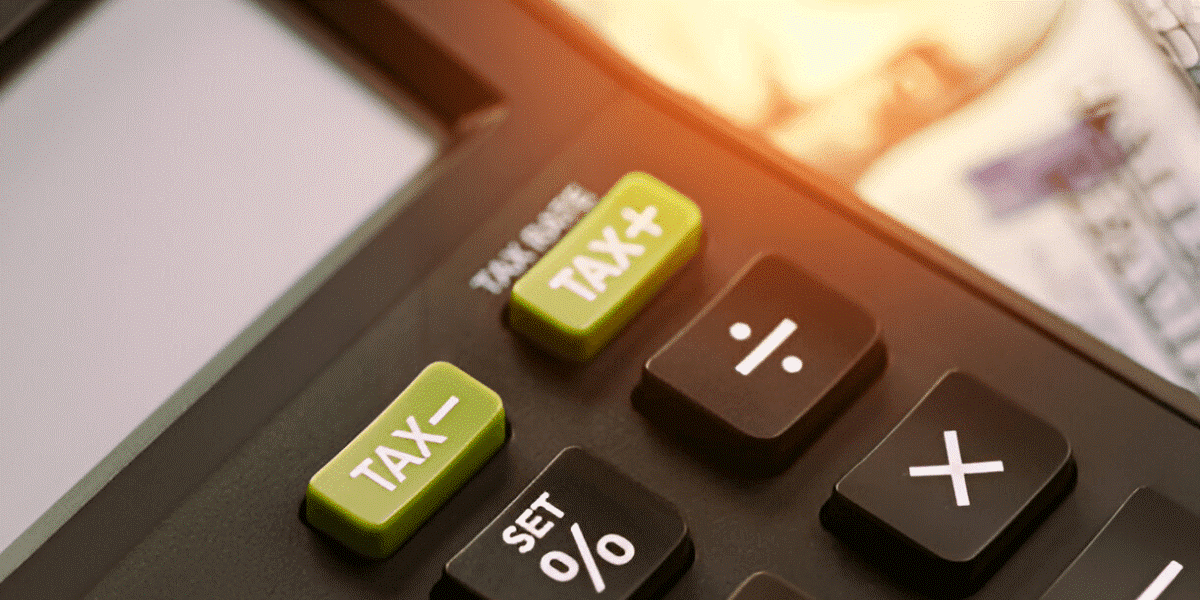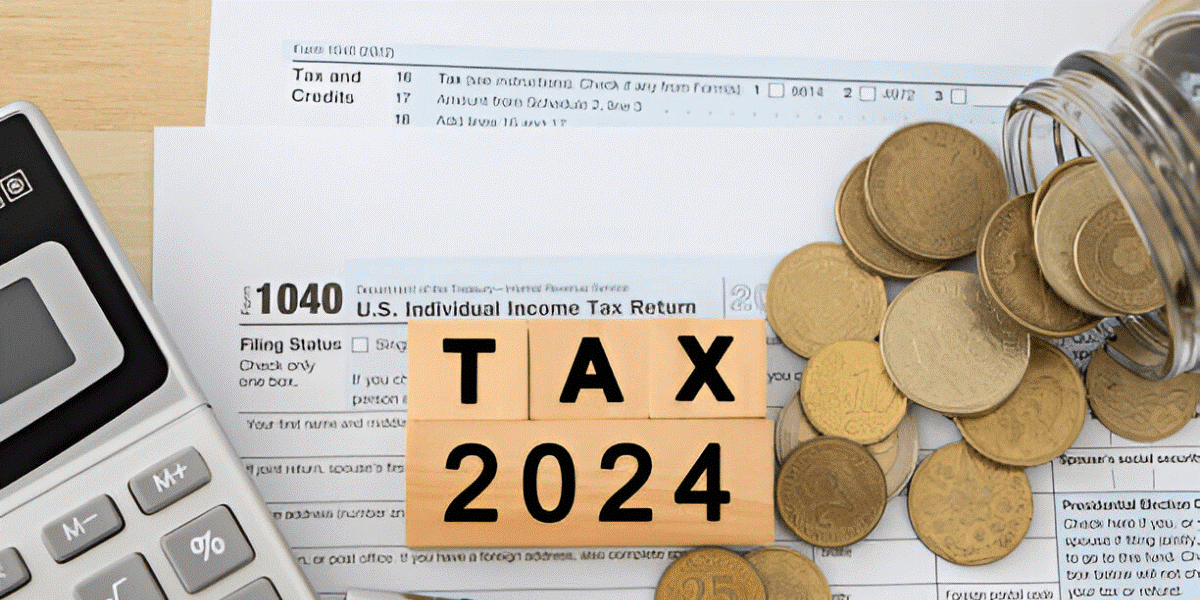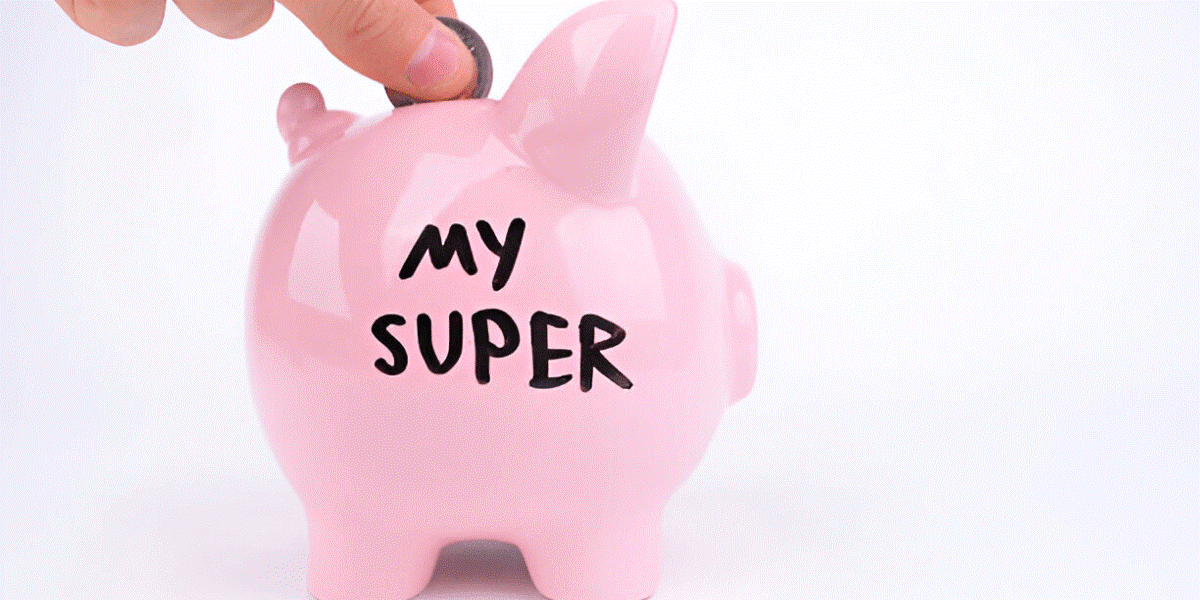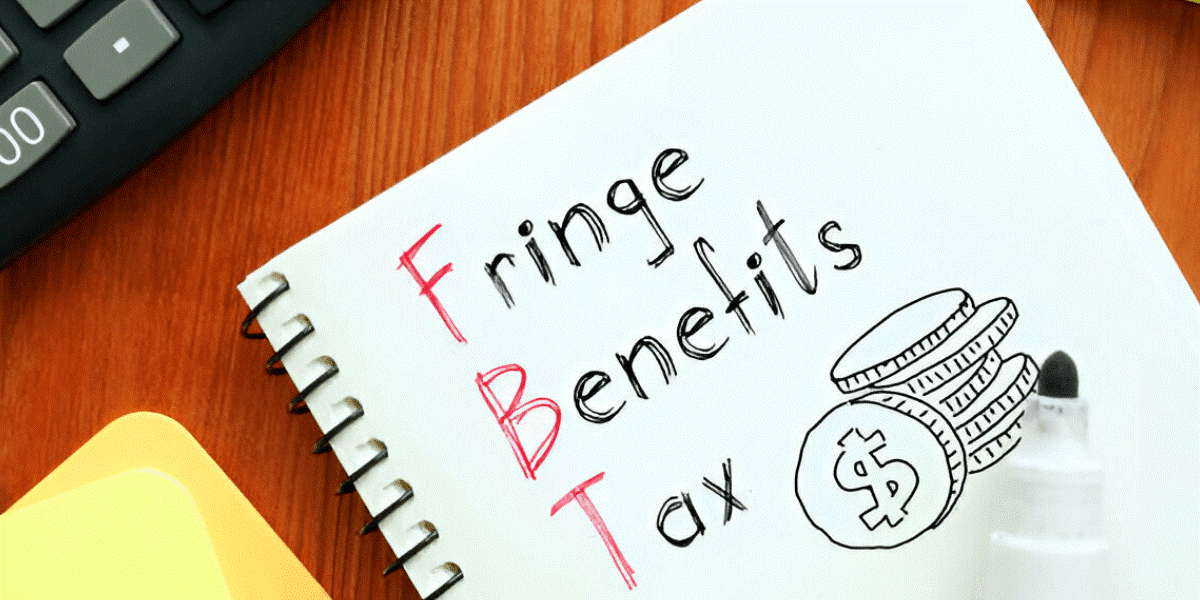
Should I sell my crypto?
The value of cryptocurrencies like Bitcoin and Ethereum has taken a hit in recently, leaving many people wondering whether they should sell their digital assets. If you've invested in cryptocurrency, there's a good chance you're feeling pretty nervous right now. After all, the value of Bitcoin and other digital currencies has plummeted in recently, leaving many investors wondering what to do next.
The first thing you should do is stay calm. It's important to remember that cryptocurrency is a volatile market, and prices can go up and down very quickly. Just because the value of your investment has fallen today doesn't mean it won't rebound tomorrow.
However, if you're still worried about your falling crypto portfolio, here are a few things you should know.
Financial Situation
The first thing to look at is your personal financial situation. Do you have other investments that are performing well? If so, you may be able to weather the storm and hold onto your crypto assets until the market turns around. On the other hand, if your portfolio is heavily invested in crypto and is taking a beating, it may be worth selling some or all of your digital assets to limit your losses. Only you can make this decision based on your unique circumstances.
Another thing to consider is your risk tolerance. Are you the type of investor who is comfortable with volatility, or do you prefer more stability? If you're comfortable with a little bit of risk, you may be able to hold onto your crypto assets and ride out the dips in the market. However, if you're risk-averse, selling may be the best option for you.
Finally, think about your investment goals. Are you investing in crypto for long-term growth, or are you looking for more immediate returns? If you're investing for the long term, it may be worth holding onto your digital assets even during a downturn in the market. On the other hand, if you need cash now, selling may be necessary in order to reach your goals.
Taxes
First of all, it's important to remember that cryptocurrency is treated as assets for tax purposes, provided you are not running a business of crypto trading. This means that any gains or losses you realise on your investment will be subject to capital gains tax. If you hold your investment for less than one year before selling, you'll be subject to short-term capital gains taxes, which are the same as your regular income tax bracket. For long-term capital gains (i.e. holding for more than 1 year) you will be eligible for CGT Discount provided you are not trading through a company.
Another thing to keep in mind is that you can use capital losses to offset capital gains. So, if you have other investments that have gone up in value, you can use your crypto losses to offset those gains and lower your overall tax bill. Of course, this only works if you actually sell your cryptocurrency—if you hold onto it and it eventually recovers in value, you won't be able to take advantage of the loss.
If you have questions about how to report your cryptocurrency holdings on your taxes, speak with a qualified accountant at Tax App who are well-versed in digital assets. With careful planning and execution, you can minimize your tax liability and maximize your profits from investing in digital assets
If you are running a business of crypto trading . The answer is not that simple. You would have to contact Tax App.
What Does This Mean for Businesses Accepting Cryptocurrency?
If your business accepts cryptocurrency as payment, then you'll want to keep an eye on the market volatility. After all, a sharp decline in the value of Bitcoin could mean that you're suddenly owed a whole lot less than you thought you were! Fortunately, there are some steps you can take to protect yourself. For example, you could convert any cryptocurrency payments you receive into fiat currency (i.e., regular old cash) as soon as you get them. That way, even if the value of Bitcoin plummets overnight, you'll still be able to hold onto the same amount of cash.
Of course, converting cryptocurrency to cash isn't always practical or possible. In those cases, it's important to talk to your accountant at Tax App about how to properly account for any volatile assets like cryptocurrency on your balance sheet. Doing so will help ensure that your business is prepared for any changes in the value of digital currency.
Cryptocurrency is a volatile market, which can make it difficult to predict its future value. However, businesses should still be aware of the current state of digital currency and take steps to protect themselves against sudden changes in value. By talking to your accountant and keeping up with changes in the market, you can minimize the risk associated with holding or accepting cryptocurrency.
Conclusion
The recent drop in cryptocurrency values has been a hot topic in financial circles lately. However, it's important to remember that crypto is still a relatively new asset class and is subject to much greater volatility than more traditional assets such as stocks and bonds. If you've been holding onto your crypto for some time now and haven't sold any off yet, then chances are good that you're still sitting on a healthy profit - even after the recent drops in value. However, it's also important to remember that cryptocurrency is still a very speculative asset class and there is always the potential for future losses. If you're thinking about selling off your crypto holdings, it's important to talk to your accountant at Tax App first so they can help you figure out the best way to minimize any potential tax implications.
There's no right or wrong answer when it comes to whether or not to sell your crypto assets during a market downturn. It's a personal decision that depends on factors like your financial situation, risk tolerance, and investment goals. However, by taking the time to evaluate these factors, you can make a decision that's right for you.
This is general article not unique to your personal circumstance. Please decide by your own research or consulting a financial advisor. Tax App Pty Ltd will not and is not licenced to provide financial advice.
Disclaimer:
The content of these blog posts is intended to be of a general nature and should not be construed as tax or any other form of advice. We do not guarantee the accuracy or completeness of the information provided in these blog posts. It is imperative that you consult with a qualified professional, such as a certified accountant at Tax App, before taking any action based on the advice or information contained herein. Your specific financial and tax situation may require personalised guidance, and a professional consultation is recommended to ensure compliance with applicable laws and regulations.
Get Started with Us
Connect with Australia’s most innovative accountants today. Fill out our contact form, and let’s discuss how we can help you achieve your financial goals. Together, we’ll create a tailored action plan that maximises your tax savings.
Awards!
⭐⭐⭐⭐⭐















